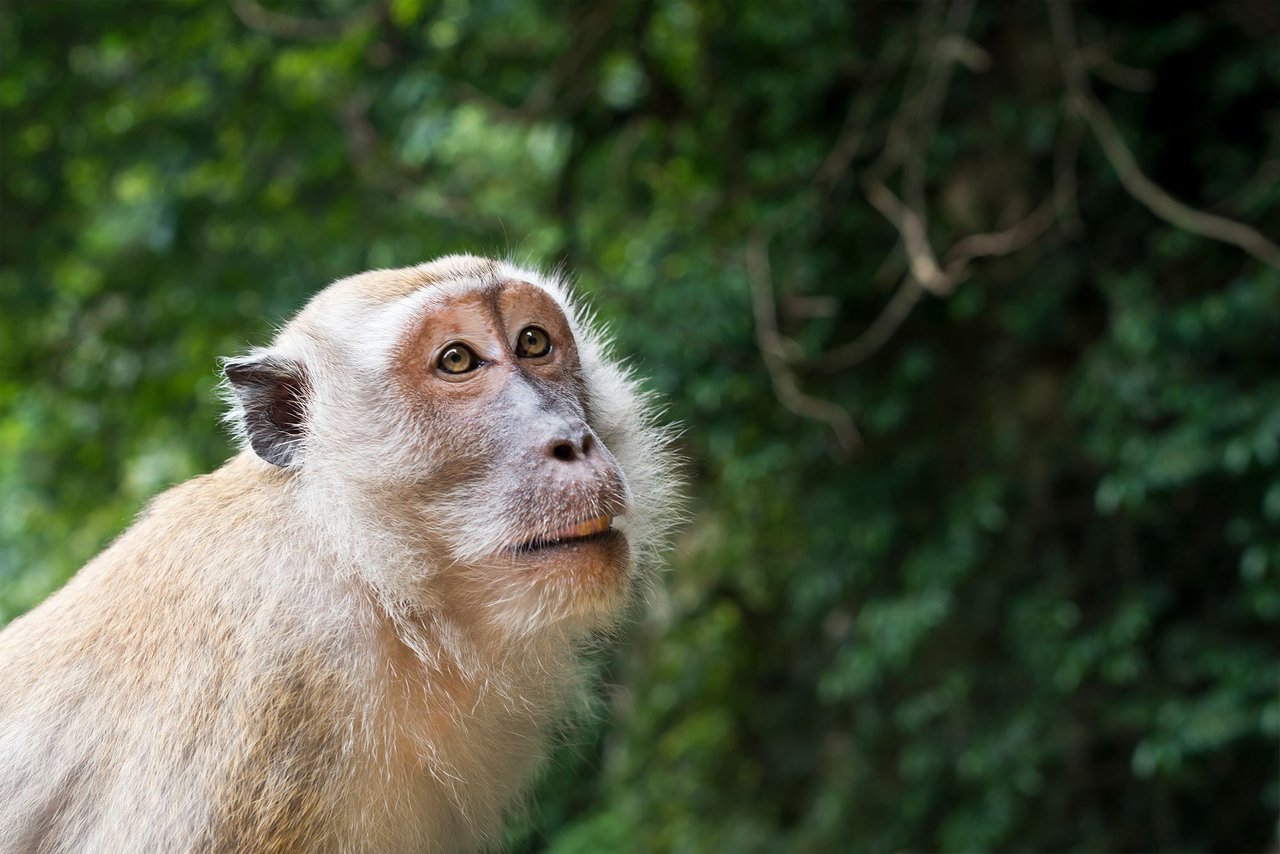Ending commercial exploitation
Wildlife
Together we can drive down consumer demand and expose the lies of businesses that profit from cruelly exploiting wild animals.

Our campaigns
Here at World Animal Protection, we believe that wild animals should have the right to a wild life.
Animals in the wild must be protected from cruel exploitation. They must feel safe and secure, and have the freedom to thrive in abundant, lush natural habitats that are protected for the benefit of all.
We are working tirelessly to safeguard wild animals and change the way the world works – to address how animals in the wild are treated and end wildlife cruelty and suffering. Forever.
Wild animals are born to be wild – not to be used by people or be exploited for profit.
They must be protected, not owned. We must share our planet fairly, with a duty to safeguard wild animals to ensure they thrive for future generations to come.
Wildlife
Together we can drive down consumer demand and expose the lies of businesses that profit from cruelly exploiting wild animals.
Wildlife
Take action with World Animal Protection to disrupt industries exploiting animals & work on innovative solutions to safeguard wild animals from cruelty.
Wildlife
Discover how we lobby governments and demand that wild animals have the right to a wild life with stringent laws and policies to truly protect them.
Wildlife
Discover the causes and impacts of habitat loss, explore real-world examples, and learn how to protect and restore vital wildlife habitats worldwide.
World Animal Protection is working to transform the lives of animals, permanently. How?
By challenging the root causes of their suffering so we can make the biggest, lasting impact on their lives. We achieve this by working towards:
We are on a mission to give wildlife their right to a wild life.
Join our mission and change the way the world works through people power. Click the link below to take action today and support our campaigns to stop animal cruelty and suffering